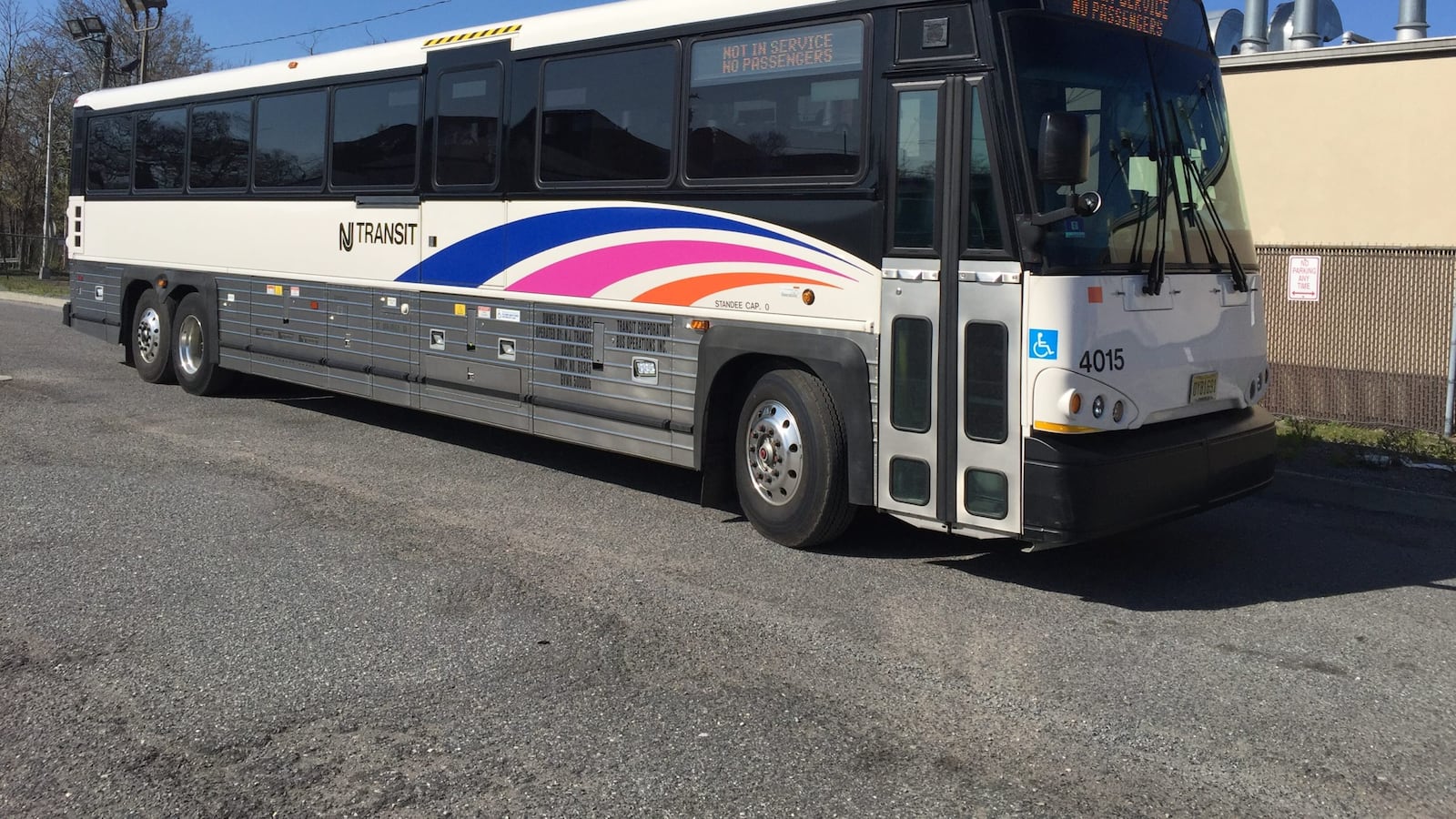Newark will start giving some students monthly bus passes instead of single-use tickets, officials said — a trial run years in the making designed to cut costs and ease logistical headaches for schools and students.
Presently, the district provides students who live a certain distance from their schools two bus tickets per day to cover the trips to and from school. Under the pilot program, which will run from April to the end of June at six schools, students will get monthly bus passes good for up to five trips per day.
But the passes will also come with a restriction: Unlike regular tickets, they will not cover evening or weekend trips, which could limit their usefulness for students who participate in after-school activities.
The schools chosen for the experiment are: Barringer, East Side, Science Park, and West Side high schools, and George Washington Carver and Louse A. Spencer elementary schools.
The result of years of negotiations between Newark Public Schools and New Jersey Transit, the effort will save the district money, board members said. It will also spare schools from having to distribute dozens of single-use bus tickets per month — and students from having to keep track of them.
“I think it will really help the students out a lot,” said Abrahim Kamara, a senior at American History High School, which is not one of the schools in the pilot program.
The current system can be inconvenient, said Kamara, who rides a bus about 30 minutes each way to his Central Ward school. Each week, the school distributes sheets with 10 bus tickets to every eligible student. Some students sell individual tickets they don’t need, while others sometimes misplace their tickets, Kamara said — as he has done many times before.
“If you lose it, that’s on you,” he said, adding that he relies on his mother for rides on days when he’s short a bus ticket. “There have been a lot of mornings where my mom has been late to work so she could drive to me school.”
The exact cost of the program, and any savings to the district, are unclear.
A spokesperson for New Jersey Transit did not return a call Wednesday. A district spokesperson declined to answer questions about the program, saying officials are “working closely with NJ Transit on the best way to announce this great initiative.”
Under state law, districts must provide transportation to students who live more than two miles from their elementary school or 2.5 miles from their high school. Like other cities, Newark relies on its public transit system to ferry those students to school.
“Public transportation is viewed as a common sense choice to commute to school in a large urban school district,” the district website says, noting that students in charter schools are also eligible for bus tickets. (Students with disabilities are transported in school buses regardless of their home address.)
Since 2017, district officials have been in talks with the transit agency to find an alternative to the current system of single-use tickets. The result is the three-month pilot program, which will provide students a monthly bus pass that can be used from 6 a.m. to 4 p.m. each weekday.
“You got to give kudos to the district for really working hard on this,” said Tave Padilla, a Newark school board member who chairs the committee that oversees student transportation. In particular, he cited the efforts of Quanika Dukes-Spruill, the district’s transportation director, and Valerie Wilson, the school business administrator. “Anything you can do to alleviate any type of hardship and worry for parents and students is a win-win.”
School board members celebrated the new program at their meeting Tuesday, where details were first announced. They also voiced hopes that the program will eventually be expanded.
Board member Flohisha Hill praised district officials for bringing to life an effort that’s “near and dear and close to my heart.” But she also asked if it would be possible to extend the bus passes for use after 4 p.m., noting that her own sons play on school basketball teams that often practice late into the evening. (Separately, the district offers bus tickets to student-athletes who need them.)
Wilson said the district had pushed for passes that can be used on evenings and weekends. The idea was to make sure students had a ride home from after-school clubs and sports, as well as a way to visit libraries and cultural institutions when they aren’t in school. New Jersey Transit has not yet agreed to such passes, but negotiations are ongoing, Wilson said.
“All of those things are still on the table as a conversation, but we’re taking what we’ve gotten right now because it’s a step in the right direction,” she told the board. “Working it out and starting with a pilot is a good first step.”
If the experiment at the six schools goes well this spring, the district will consider expanding it, Padilla said.
Eric Bellamy, a college student who graduated from Malcolm X Shabazz High School last year, said the monthly passes would have made things easier when he was in school.
He recalled waiting in long lines after school to collect his weekly tickets, which sometimes made him late to pick up his younger siblings, and getting to the end of a few weeks without any bus tickets left. Monthly passes would have solved those problems, Bellamy said.
“If you got that pass, you’re good,” he said. “I think that’s a perfect idea.”


